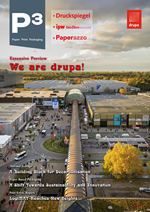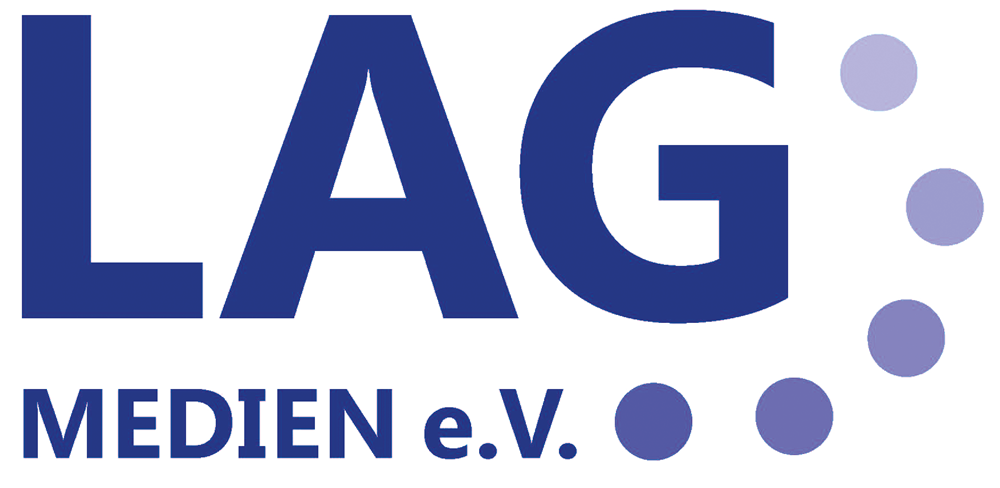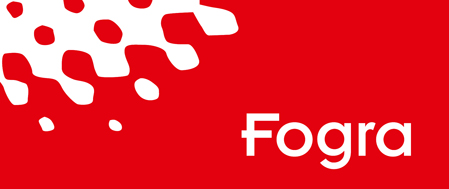P3 7-8/2022 en
Editorial
Editorial
Dear readers!
As it turns out, this editorial is some sort of extension to the last one: A study by European consumer protection authorities at the end of 2020 found that 42 percent of the 344 sustainability labels examined were exaggerated, false or misleading. In addition, the German New Climate Institute evaluated the climate plans of 24 large companies - 15 of which were classified as implausible. Is climate protection little more than a PR gimmick? This question has been increasingly addressed by the international trade press in recent weeks. Seems that a lot has to be questioned – mainly in the food industry, but ultimately across all sectors: projects that never existed; forests that don't exist; trees planted, but counted double and triple; compensation projects of dubious value with regard to climate change ("Efficient cookers in Ghana"); and, above all, a lack of transparency on the part of companies, while the criteria and specifications are blurred at the same time. Yes, that was to be expected – there’s a lot of money involved, so conscience often becomes an autopilot: If necessary, you switch to manual control. The result: seals of approval are called into question; and in particular the term “climate neutral” no longer has any reliable meaning. The fact that the EU Commission now intends to present a draft law against greenwashing in March, which will oblige EU states and companies to prove “green” statements on the basis of internationally recognized scientific expertise, is the logical and urgently needed step. Still, the damage is done once.
Have a great read & stay safe!
Your








